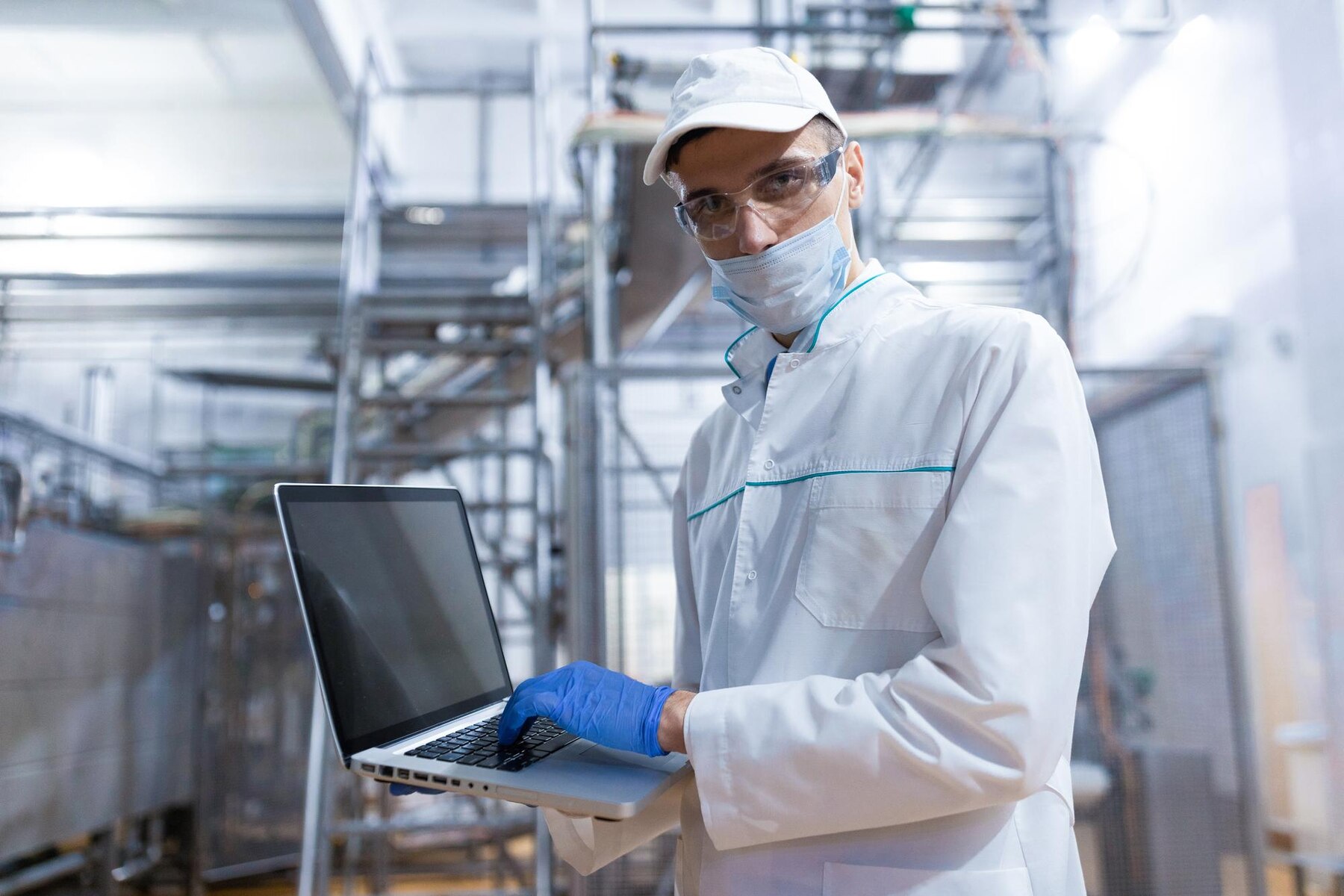In the food and vegetable industry, food safety is paramount. Fresh produce, particularly when consumed raw, is vulnerable to contamination at various points in the supply chain. Ensuring food safety not only protects public health but also builds consumer trust and strengthens a company’s reputation.
The Risks of Contamination
Fresh fruits and vegetables can become contaminated with harmful bacteria, such as E. coli and Salmonella, through soil, water, or improper handling during transportation. These contaminants pose serious health risks, especially if the produce is not thoroughly washed or cooked before consumption. As a result, the food industry must implement stringent safety measures to prevent contamination at every stage.
Common Sources of Contamination
Contamination in the fresh produce industry can occur due to several factors:
- Soil and Water Contamination: If the water used to irrigate crops or wash produce is contaminated with harmful pathogens, it can spread to the fruits and vegetables.
- Poor Handling Practices: Handling produce without proper hygiene practices, such as failing to wash hands or using contaminated equipment, can introduce bacteria to fresh produce.
- Storage and Transportation: Improper storage temperatures or delays in transportation can allow harmful bacteria to multiply on produce, especially if refrigeration is not maintained.
Ensuring Food Safety in the Supply Chain
To mitigate these risks, the fresh produce industry follows rigorous food safety protocols. This includes Good Agricultural Practices (GAP), which ensure that crops are grown, harvested, and processed under safe and hygienic conditions. Additionally, traceability systems help track the origin of produce, allowing companies to quickly identify and address contamination issues when they arise.
Technological Solutions for Improved Food Safety
Advancements in technology are also playing a role in enhancing food safety. For example, blockchain technology is being used to create transparent, tamper-proof records of the journey of produce from farm to table. This technology allows companies to trace the exact source of any contamination and take swift action to recall affected products.
Building Consumer Confidence
In today’s world, consumers are more informed than ever about the importance of food safety. By prioritizing safety measures, companies not only protect public health but also build lasting trust with their customers. This trust is crucial in the highly competitive fresh produce industry, where quality and safety are top priorities for consumers.
Conclusion
Food safety is critical in the fresh produce industry. By implementing strict safety protocols and leveraging new technologies, companies can reduce the risk of contamination and ensure that their products are safe for consumption. In doing so, they not only protect public health but also gain the trust of consumers in a highly competitive market.

